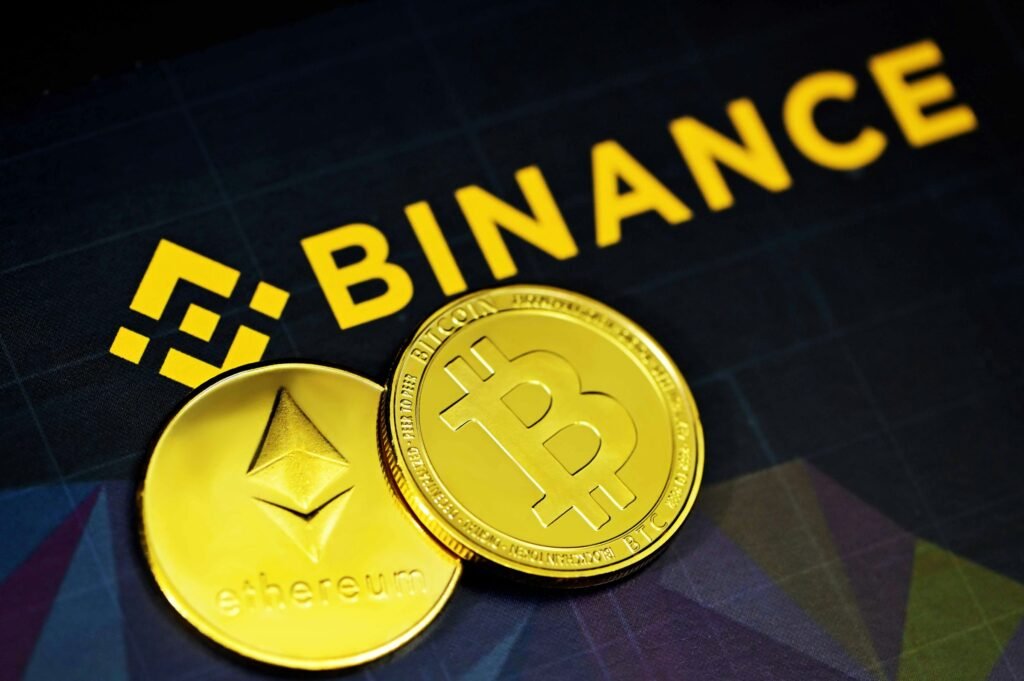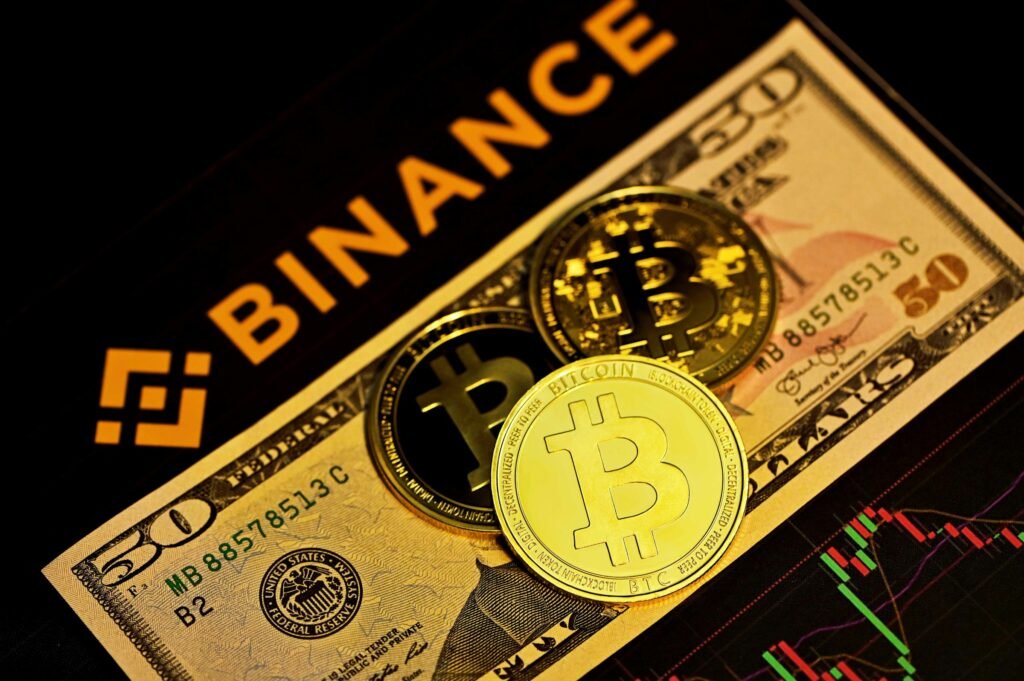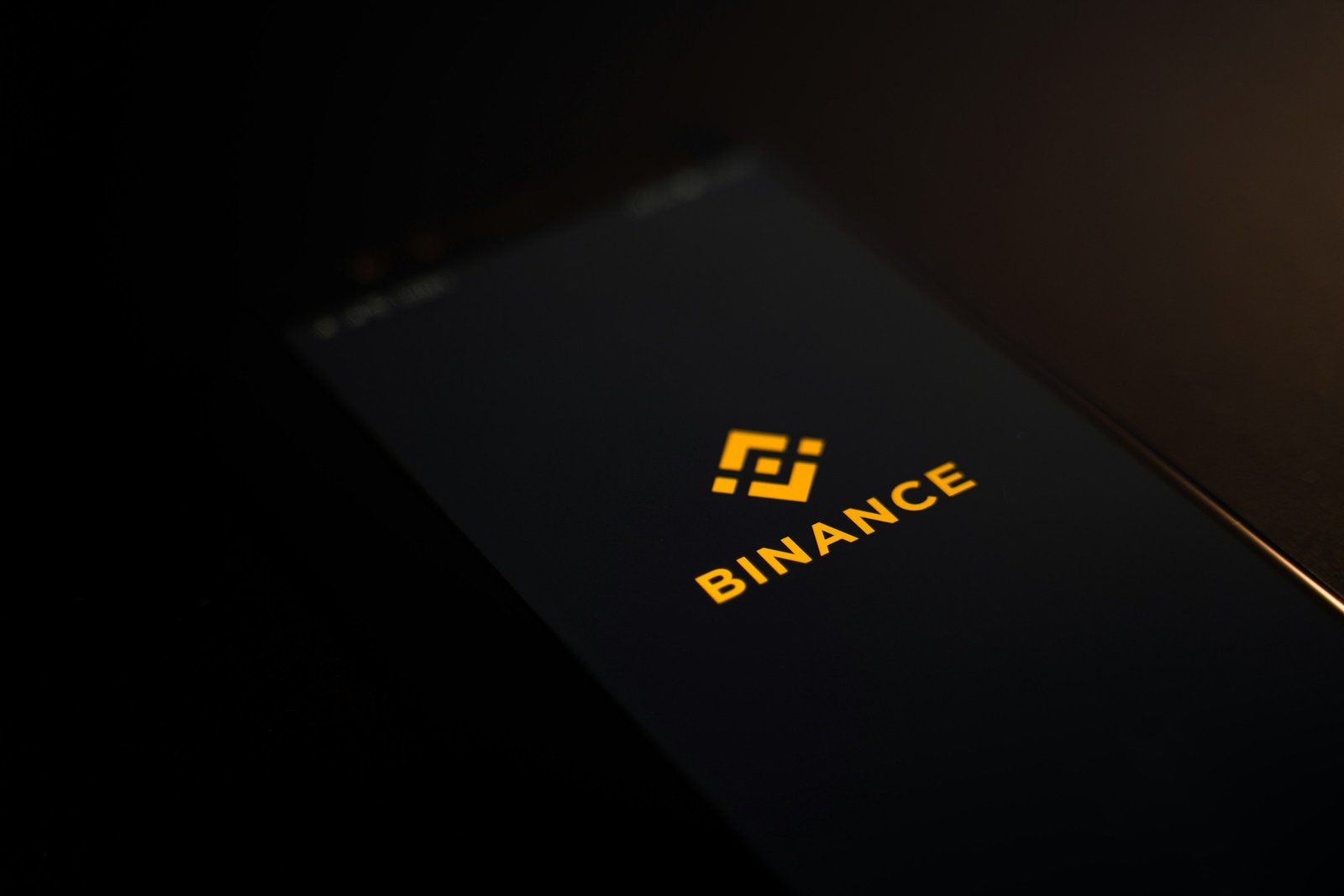Introduction
In the ever-evolving world of cryptocurrencies, Binance stands out as a major player. Founded in 2017 by Changpeng Zhao (CZ), Binance quickly rose to prominence and became one of the largest and most influential cryptocurrency exchanges globally. This blog will explore what Binance is, its features, and its impact on the cryptocurrency market.

What is Binance?
Binance is a cryptocurrency exchange platform where users can trade a wide variety of digital currencies, including Bitcoin, Ethereum, and many others. The platform offers various services beyond trading, such as staking, lending, futures trading, and more. With a user-friendly interface and extensive range of services, Binance has become a go-to platform for both novice and experienced traders.

Key Features of Binance
- Wide Range of Cryptocurrencies: Binance supports hundreds of cryptocurrencies, providing users with ample trading options. This extensive list includes popular coins like Bitcoin (BTC), Ethereum (ETH), and lesser-known altcoins, making it a versatile platform for traders looking to diversify their portfolios.
- Low Trading Fees: One of Binance’s key attractions is its competitive fee structure. Trading fees are typically 0.1% per trade, but users can reduce these fees by using Binance Coin (BNB), the platform’s native cryptocurrency.
- Security: Binance employs robust security measures to protect users’ funds and personal information. These include two-factor authentication (2FA), withdrawal whitelist, and a Secure Asset Fund for Users (SAFU) to cover potential losses from security breaches.
- User-Friendly Interface: Binance’s platform is designed to be intuitive and accessible, catering to both beginners and advanced traders. The exchange offers basic and advanced trading interfaces, ensuring that users can choose the level of complexity they are comfortable with.
- Binance Academy: Binance provides educational resources through Binance Academy, a comprehensive platform offering tutorials, articles, and courses on various aspects of blockchain and cryptocurrency trading.
- Binance Launchpad: This platform helps new blockchain projects raise funds through token sales, giving users early access to promising new cryptocurrencies.
Binance Ecosystem
Binance has expanded beyond just being an exchange. It has developed a comprehensive ecosystem that includes:
- Binance Chain and Binance Smart Chain (BSC): Binance Chain is a blockchain designed for fast and secure trading, while BSC is a smart contract-enabled blockchain that runs parallel to Binance Chain. BSC has gained popularity for its low transaction fees and compatibility with Ethereum-based applications.
- Binance Coin (BNB): BNB is the native cryptocurrency of the Binance ecosystem. Initially launched as an ERC-20 token on the Ethereum blockchain, BNB has since migrated to Binance Chain. It is used to pay for transaction fees on Binance, participate in token sales on Binance Launchpad, and more.
- Binance Earn: This feature allows users to earn interest on their crypto holdings through staking, lending, and other financial products.
- Binance Card: A Visa debit card that enables users to spend their cryptocurrency holdings directly at millions of merchants worldwide.
Regulatory Challenges
Despite its success, Binance has faced regulatory scrutiny in various countries. Regulatory bodies have raised concerns over issues like anti-money laundering (AML) compliance and consumer protection. In response, Binance has taken steps to enhance its regulatory compliance, including tightening its KYC (Know Your Customer) procedures and collaborating with regulatory authorities.
Conclusion
Binance has undoubtedly played a significant role in shaping the cryptocurrency landscape. Its wide range of features, user-friendly interface, and commitment to security have made it a favorite among traders worldwide. However, as the regulatory environment evolves, Binance will need to continue adapting to maintain its position as a leader in the cryptocurrency exchange space.
Whether you’re a seasoned trader or a newcomer to the world of cryptocurrencies, Binance offers a comprehensive platform that caters to a variety of needs. As the cryptocurrency market continues to grow and develop, Binance is poised to remain at the forefront, driving innovation and accessibility in the world of digital assets.
FAQ
Binance FAQ
1. What is Binance?
Binance is a leading cryptocurrency exchange platform where users can trade a wide variety of digital currencies. It also offers additional services such as staking, lending, and futures trading.
2. Who founded Binance and when?
Binance was founded in 2017 by Changpeng Zhao, commonly known as CZ.
3. What cryptocurrencies can I trade on Binance?
Binance supports hundreds of cryptocurrencies, including popular ones like Bitcoin (BTC), Ethereum (ETH), and many lesser-known altcoins.
4. How much are the trading fees on Binance?
The typical trading fee on Binance is 0.1% per trade. Users can reduce these fees by using Binance Coin (BNB).
5. Is Binance secure?
Yes, Binance employs several security measures including two-factor authentication (2FA), withdrawal whitelist, and a Secure Asset Fund for Users (SAFU) to protect users’ funds and information.
6. What is Binance Coin (BNB)?
Binance Coin (BNB) is the native cryptocurrency of the Binance system. It is used to pay for transaction fees on Binance, participate in token sales on Binance Launchpad, and more.
7. What is Binance Smart Chain (BSC)?
Binance Smart Chain (BSC) is a smart contract-enabled blockchain that runs parallel to the Binance Chain. It is known for its low transaction fees and compatibility with Ethereum-based applications.
8. What is Binance Launchpad?
Binance Launchpad is a platform that helps new blockchain projects raise funds through token sales, giving users early access to promising new cryptocurrencies.
9. How can I learn more about cryptocurrencies on Binance?
Binance offers educational resources through Binance Academy, which provides tutorials, articles, and courses on various aspects of blockchain and cryptocurrency trading.
10. What is Binance Earn?
Binance Earn allows users to earn interest on their crypto holdings through various financial products like staking and lending.
11. What is the Binance Card?
The Binance Card is a Visa debit card that allows users to spend their cryptocurrency holdings directly at millions of merchants worldwide.
12. Has Binance faced any regulatory challenges?
Yes, Binance has faced regulatory scrutiny in various countries. In response, Binance has enhanced its regulatory compliance measures, including stricter KYC procedures and collaboration with regulatory authorities.
13. How can I reduce my trading fees on Binance?
You can reduce your trading fees on Binance by using Binance Coin (BNB) to pay for the fees, which typically results in a discount.
14. Can beginners use Binance?
Yes, Binance offers a user-friendly interface with basic and advanced trading options, making it accessible for both beginners and experienced traders.
15. Is Binance available worldwide?
Binance operates in many countries, but availability and services may vary based on local regulations. Always check if Binance complies with the regulations in your country.
Feel free to reach out with any other questions or for more detailed information on specific features of Binance!

